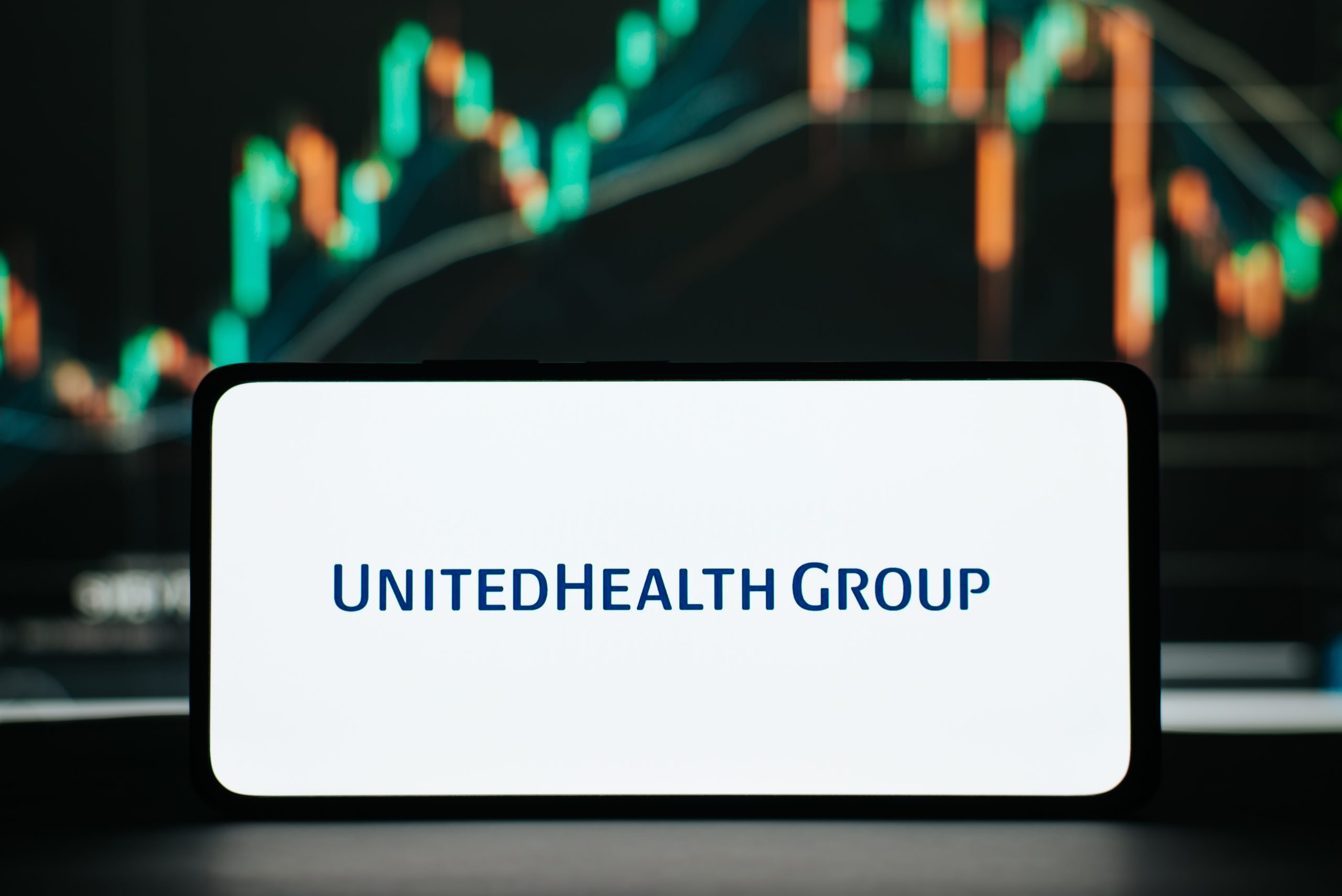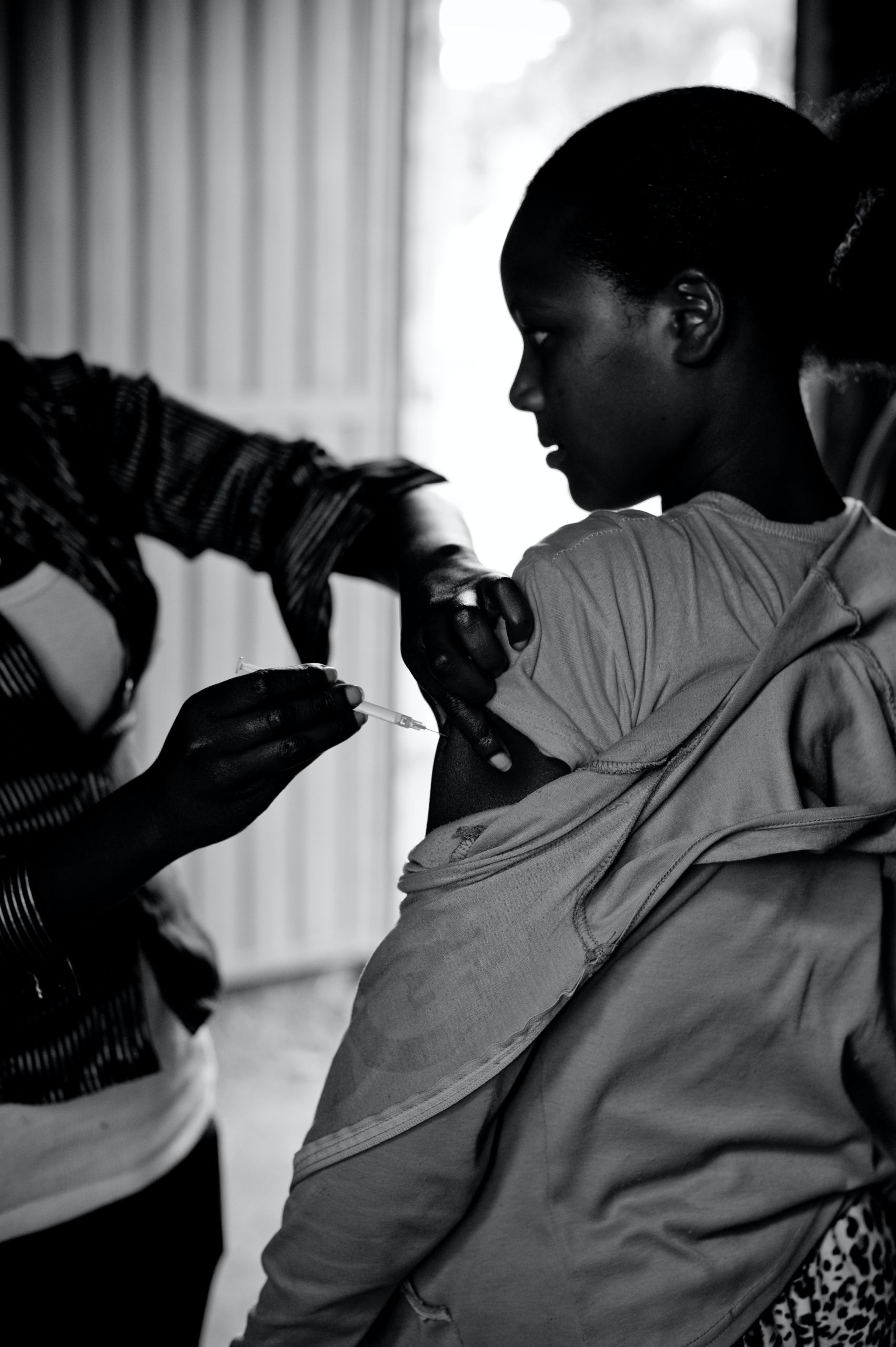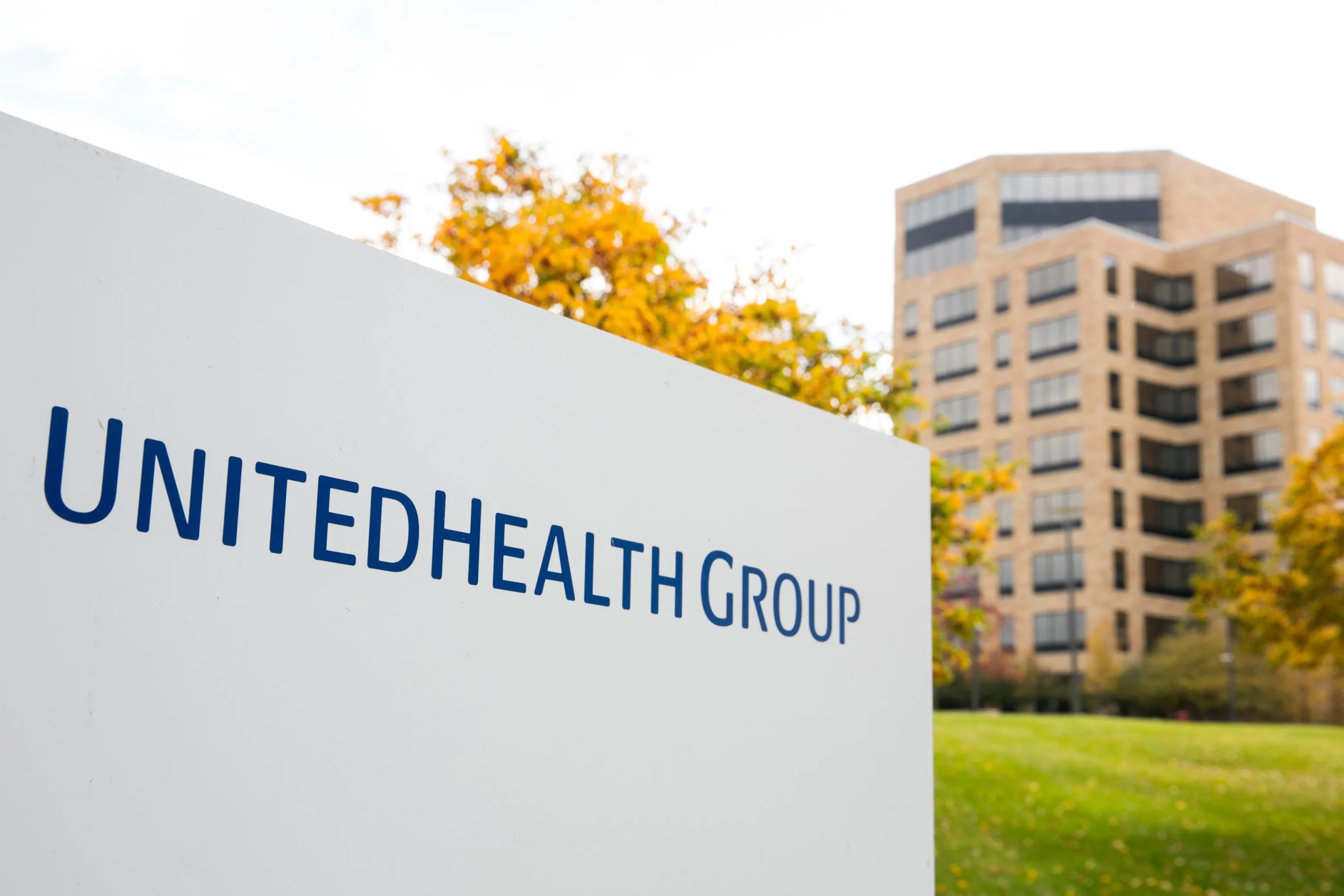Shareholders Welcome Merck’s Decision to Share IP for Covid-19 Anti-Viral Drug
Licensing agreement means COVID-19 therapeutic, molnupiravir, said to cut COVID-19 hospitalizations and death in high-risk patients in half, will be available for generic manufacture in 105 countries, dramatically increasing access and affordability in low- and middle-income countries.
NEW YORK, NY, THURSDAY, OCTOBER 28TH, 2021 – Members of the Interfaith Center on Corporate Responsibility and shareholders in Merck and Co., Inc. ($MRK) were gratified by yesterday’s news that the company had entered a key COVID-19 anti-viral drug, molnupiravir, into the Medicines Patent Pool (MPP) to allow for royalty-free patent-sharing with generic manufacturers.
The Medicines Patent Pool (MPP) is a United Nations-backed public health organization working to increase access to, and facilitate the development of, life-saving medicines for low- and middle-income countries (LMICs). Merck and the MPP announced the agreement in a press release yesterday morning.
The voluntary patent-sharing agreement is the first of its kind for a COVID-19 drug. The agreement extends to 105 countries, mainly in Africa and Asia with low access to medicines, that could collectively cover half of the world’s population. The timeframe for the agreement allows for the rapid, low-cost manufacturing and distribution of molnupiravir by sub-licensing generics companies for as long as COVID-19 remains a public health emergency of international concern, as declared by the World Health Organization.
ICCR members have long engaged Merck and other pharmaceutical companies to promote increased access and affordability of medicine, and as early as March 2020 wrote the company urging them to deploy strategies to ensure the equitable distribution of COVID-19 medicines, including the sharing of IP, which could include issuance of a voluntary license. The investors welcomed the agreement as a precedent-setting event that will hopefully pressure other pharmaceutical companies with COVID-19 entries in late-stage trials such as Pfizer and Roche to follow suit and enter into negotiations with the MPP, and for peer companies to consider joining similar license-sharing programs such as the WHO’s mRNA technology hub.
“We are indeed heartened to see Merck lead by example with this critical entry into the MPP that will immediately benefit high-risk COVID-19 patients, primarily in LMICs,” said Chris Cox of Seventh Generation Interfaith Coalition for Responsible Investment. “While the pharma sector has made remarkable strides in vaccine and therapeutics development to counter the pandemic, access has always been an issue. Given the public investment in the development of these drugs, license-sharing is the most common-sense and just approach to scale their access and affordability.”
Unlike license agreements with CEPI, COVAX, Operation Warp Speed, the Gates Foundation and other organizations and governments, the license agreement is also unique in its transparency as it has been made public, without any redactions.
MPP representatives estimate that a generic version of molnupiravir could be profitably produced for as little as $8 per course, however, the licensing deal allows Merck to produce and sell the drug in wealthy and many middle-income nations at significantly higher prices. In fact, the U.S. government has reportedly agreed to buy 1.7 million courses of the drug, pending its authorization by the F.D.A., at a fixed price of $712 per course. While they commend Merck for taking this important first step, the investors caution that COVID-19 will present enduring costs for global governments and health systems and are urging Merck to regularly reassess access strategies across markets where the license is weakest, such as Latin America and the Caribbean, to ensure they have alternate routes of access.
“We have witnessed the power of the MPP model in advancing access to life-saving medicines,” said Sr. Judy Byron of the Northwest Coalition for Responsible Investment. “In earlier engagements with pharma companies around access to HIV-AIDS medicines, once the first company shared its license, others followed and suddenly the drugs became available to millions more patients, including children. Merck has become a first-mover with molnupiravir for COVID-19 and we will be letting its peers know of our expectation that they will soon be following in Merck’s footsteps.”
About the Interfaith Center on Corporate Responsibility (ICCR)
Celebrating its 50th year, ICCR is the pioneer coalition of shareholder advocates who view the management of their investments as a catalyst for social change. Its 300-member organizations comprise faith communities, socially responsible asset managers, unions, pensions, NGOs and other socially responsible investors with combined assets of over $4 trillion. ICCR members engage hundreds of corporations annually in an effort to foster greater corporate accountability. Visit our website www.iccr.org and follow us on Twitter, LinkedIn and Facebook.










